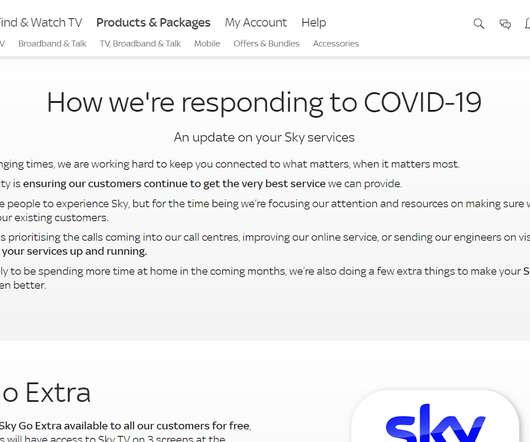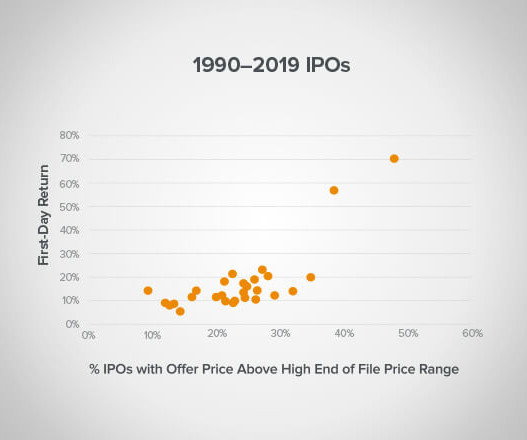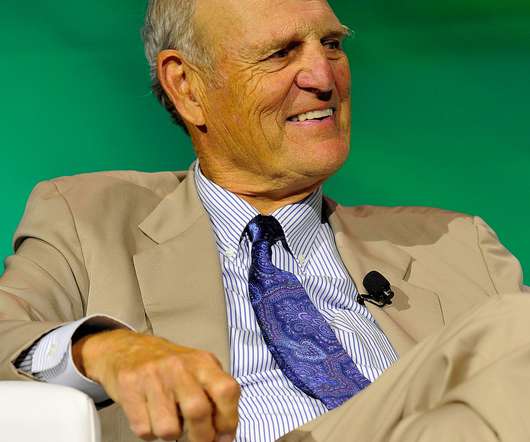Marketing and Growth Lessons for Uncertain Times
ConversionXL
MARCH 19, 2020
An article on growth and marketing in the middle of a crisis—the current one or any other—can seem tone deaf. This post surveys what people have done in the past—and what marketing leaders are doing now—to make it through tough times and thrive in the post-crisis era. Tim Stewart, trsdigital. But nothing gets better if we stand still.





























Let's personalize your content